
Scientists Warn: Global Warming Could Reach 7°C by 2200, Triggering Catastrophic Climate Disasters
Scientists Warn: Global Warming Could Reach 7°C by 2200, Triggering Catastrophic Climate Disasters
A groundbreaking study by scientists from the Potsdam Institute for Climate Impact Research (PIK) in Germany has revealed alarming projections for Earth's future. Even under scenarios of reduced carbon emissions, global temperatures could rise by up to 7°C (12.6°F) by the year 2200, leading to catastrophic consequences for the planet. This stark forecast highlights the urgent need for accelerated climate action to avoid an environmental crisis of unprecedented scale.
A Future Defined by Extreme Heat, Famine, and Floods
The study warns that a 7°C increase in global temperatures would make life extremely difficult for future generations. Common food crops would struggle to survive in the extreme heat, potentially causing widespread food shortages and famine.
Coastal cities across the world would be forced to relocate populations due to rising sea levels caused by the melting of polar ice. In addition, extreme weather events—droughts, wildfires, heatwaves, tropical storms, and flooding—would become far more frequent and intense, threatening infrastructure, economies, and human lives.
Even more concerning is that such dangerous levels of warming could occur even with moderate emission reductions, due to feedback loops in the Earth’s climate system that could accelerate global warming beyond current projections.
The Need for Immediate and Aggressive Climate Action
Christine Kaufhold, lead author of the study, emphasizes the urgency of action: “We found that peak warming could be much higher than previously expected under low-to-moderate emission scenarios.” The results stress the importance of rapid and large-scale efforts to reduce greenhouse gas emissions and invest in carbon removal technologies.
Fossil fuel consumption—especially coal, oil, and natural gas—remains the primary driver of greenhouse gas emissions. However, natural processes such as volcanic eruptions, plant and animal respiration, and methane releases from wetlands also contribute to the problem. As such, reducing human-made emissions alone may not be enough; we also need technologies that actively remove carbon from the atmosphere.
Advanced Climate Modeling Reveals Long-Term Risks
To arrive at these conclusions, researchers used CLIMBER-X, a state-of-the-art climate model that simulates key biological, geochemical, and atmospheric processes. The model examined three “Shared Socioeconomic Pathways” (SSPs), representing low, medium, and high emission scenarios extending to the year 3000—well beyond the timeframe of most existing climate studies.
One of the key insights from the study is that climate change will continue to intensify beyond 2200, and the effects we see today are just the beginning. The study also noted a 10% chance of reaching 3°C of warming by 2200 even under reduced emissions—well above the Paris Agreement target of limiting global warming to 1.5°C–2°C.
Carbon Feedback Loops: The Hidden Climate Threat
The study highlights the risk of carbon cycle feedback loops, where one environmental change amplifies another. For instance, increased rainfall can promote the growth of flammable vegetation, which later dries out and fuels uncontrollable wildfires—releasing more CO2 into the atmosphere. Similarly, thawing permafrost in Arctic regions releases massive amounts of methane and CO2, accelerating warming even further.
These feedbacks make it clear that delayed action may have irreversible consequences. Even if emissions decrease, the greenhouse gases already present in the atmosphere can continue to affect global temperatures for centuries.
Conclusion: The Time to Act Is Now
According to PIK director Johan Rockström, “Today’s actions will determine the future of life on this planet for centuries to come.” The study’s findings underscore that the window for keeping global warming below 2°C is rapidly closing. To prevent irreversible damage, governments, industries, and individuals must urgently commit to ambitious climate policies.
“The Paris Agreement is not just a political aspiration—it is a scientific and environmental necessity,” Rockström emphasized. If humanity fails to act now, future generations will inherit a planet that is far less hospitable—and possibly even uninhabitable in many regions.
News in the same category


Controversial Inventor’s Mysterious Death Sparks Debate Over Alternative Energy Suppression
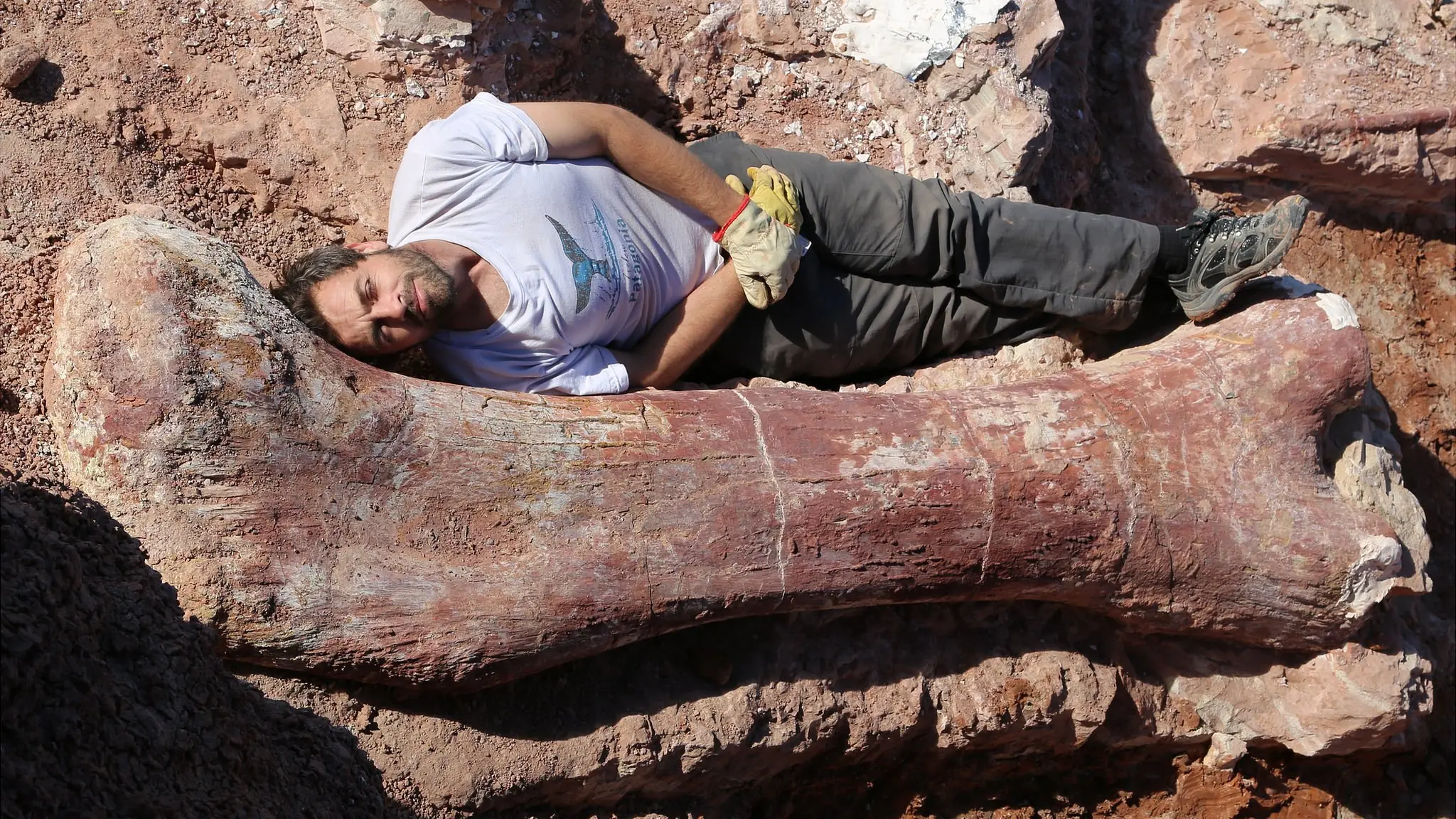
Largest Dinosaur Ever Discovered in Argentina: New Titanosaur Fossil Unearthed
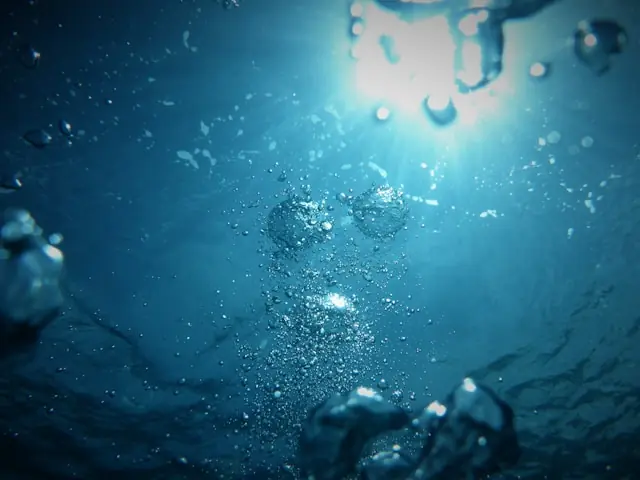
Dark Oxygen" Discovered in Pacific Ocean: A Breakthrough in Understanding Life on Earth and Beyond
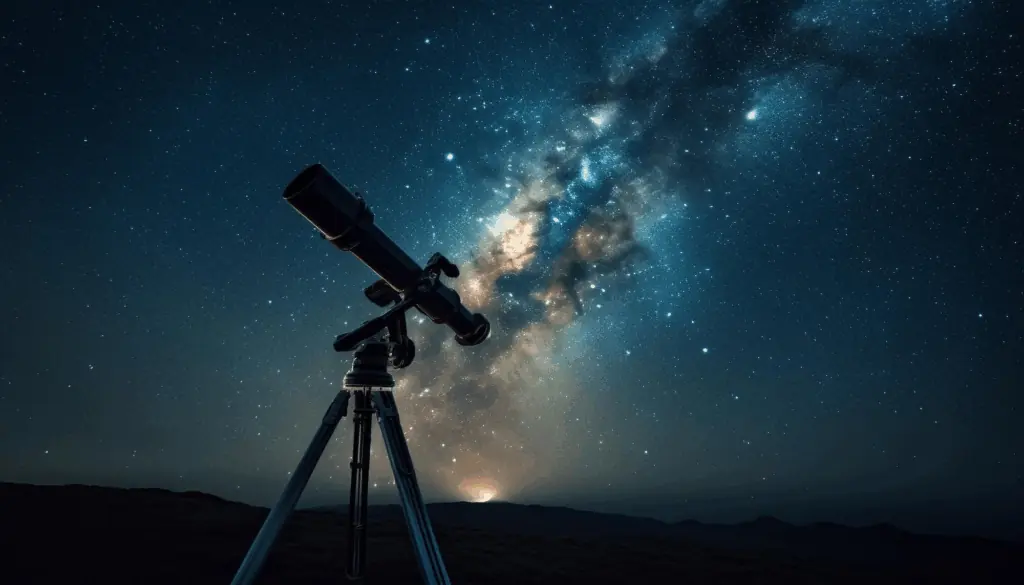
NASA’s New Telescope Could Detect Alien Life In Just Hours, Scientists Say

Astronomers Trace Decade-long Mystery Radio Signals to Binary Star System 1,600 Light-Years Away
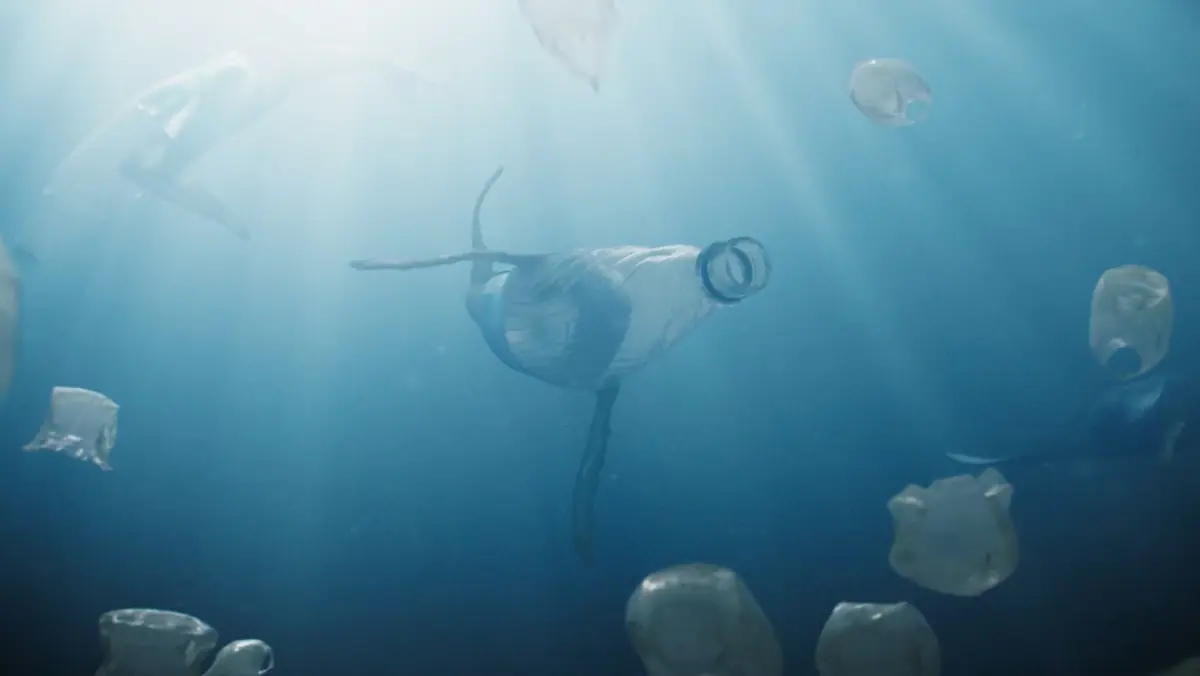
Plastic Bag Found in Mariana Trench: A Deep Warning About Ocean Pollution

We Are Living in a Moment That No Human Before Us Has Ever Witnessed—An Actual Photograph of a Sunset on Mars
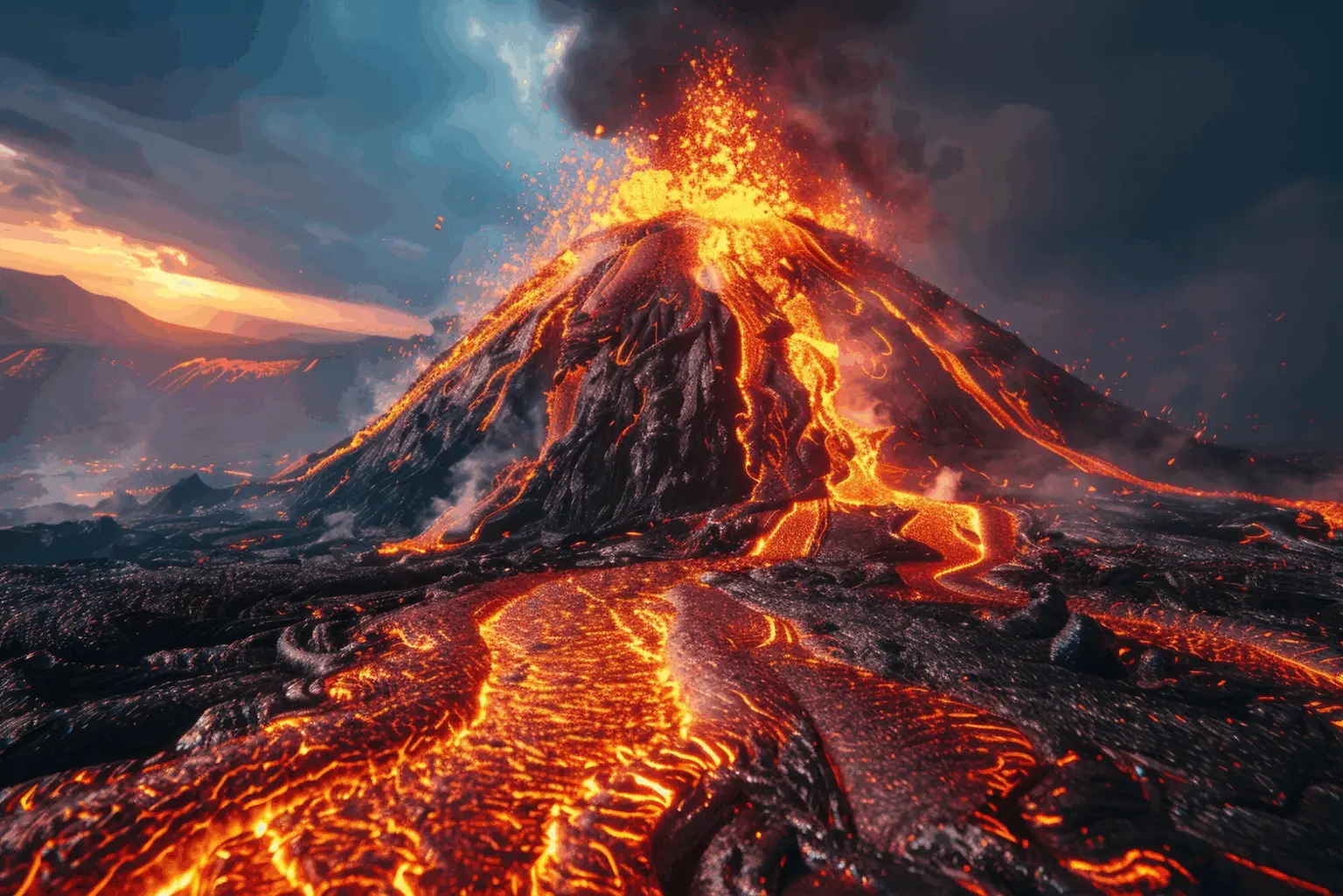
Mount Rainier’s Glacier-Capped Peak Poses Lahar Threat To Millions—Authorities On High Alert

Experts Clash Over Claims Of Vast Underground City Beneath Pyramids — Discovery Sparks Global Debate

Is Death an Illusion? Quantum Physics Offers a Surprising Perspective

7 Signs Of Intestinal Parasites Living Inside Your Body

This 4,500-Year-Old Scroll May Have the Answer to Who Built the Pyramids
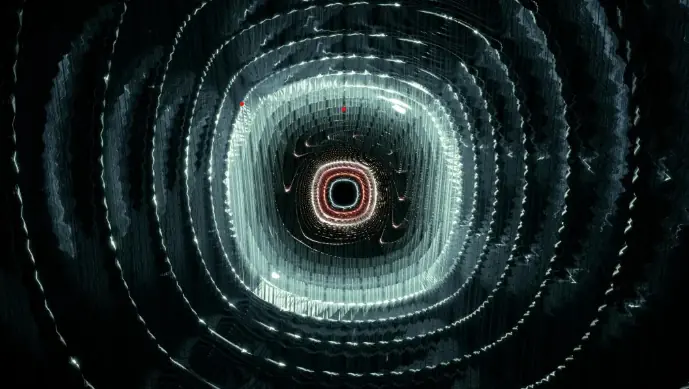
The Universe Could Undergo A ‘Catastrophic Change’ That Could Alter Absolutely Everything, Quantum Machine Warns

how to eat eggs

7 proofs that Jesus really existed

Never use toilet paper on an airplane

Eggs should not be stored in the refrigerator door

Actually it is
News Post
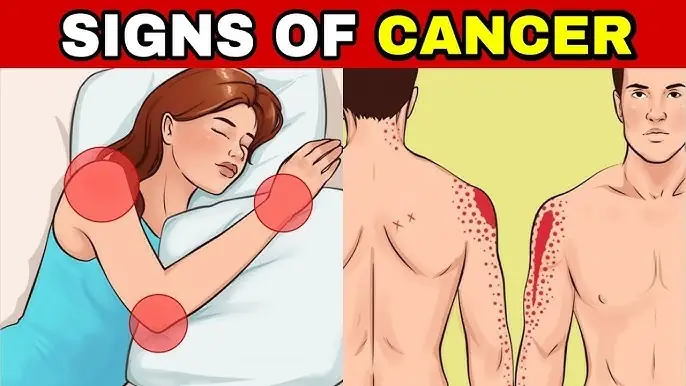
5 Early Cancer Symptoms You Must Not Overlook

Sleeping on your left side affects your health in ways you would have never thought
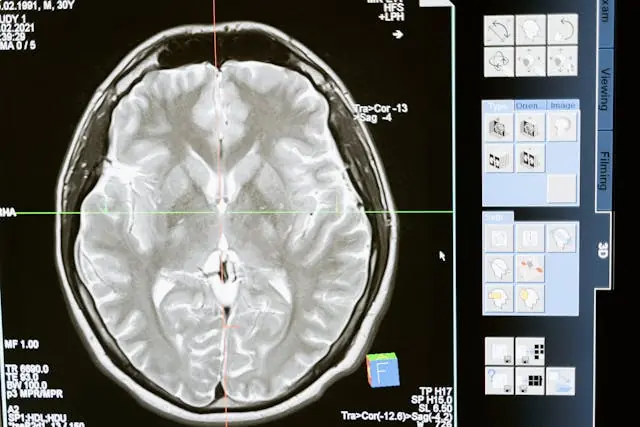
After Being Diagnosed With Dementia at 49, Man Realized The Subtle Red Flag in His Work That Made Him Realize Something Was Wrong

Astronomer Rides Simulation To The Edge Of The Universe—Chasing Light From The Big Bang

🌿 18 Reasons Why Oregano (Orégano Orejón) Should Be a Staple in Your Home

Controversial Inventor’s Mysterious Death Sparks Debate Over Alternative Energy Suppression

🌬️ Persistent Cough, Mucus Buildup, or Lung Congestion? Try This Powerful Natural Onion Remedy
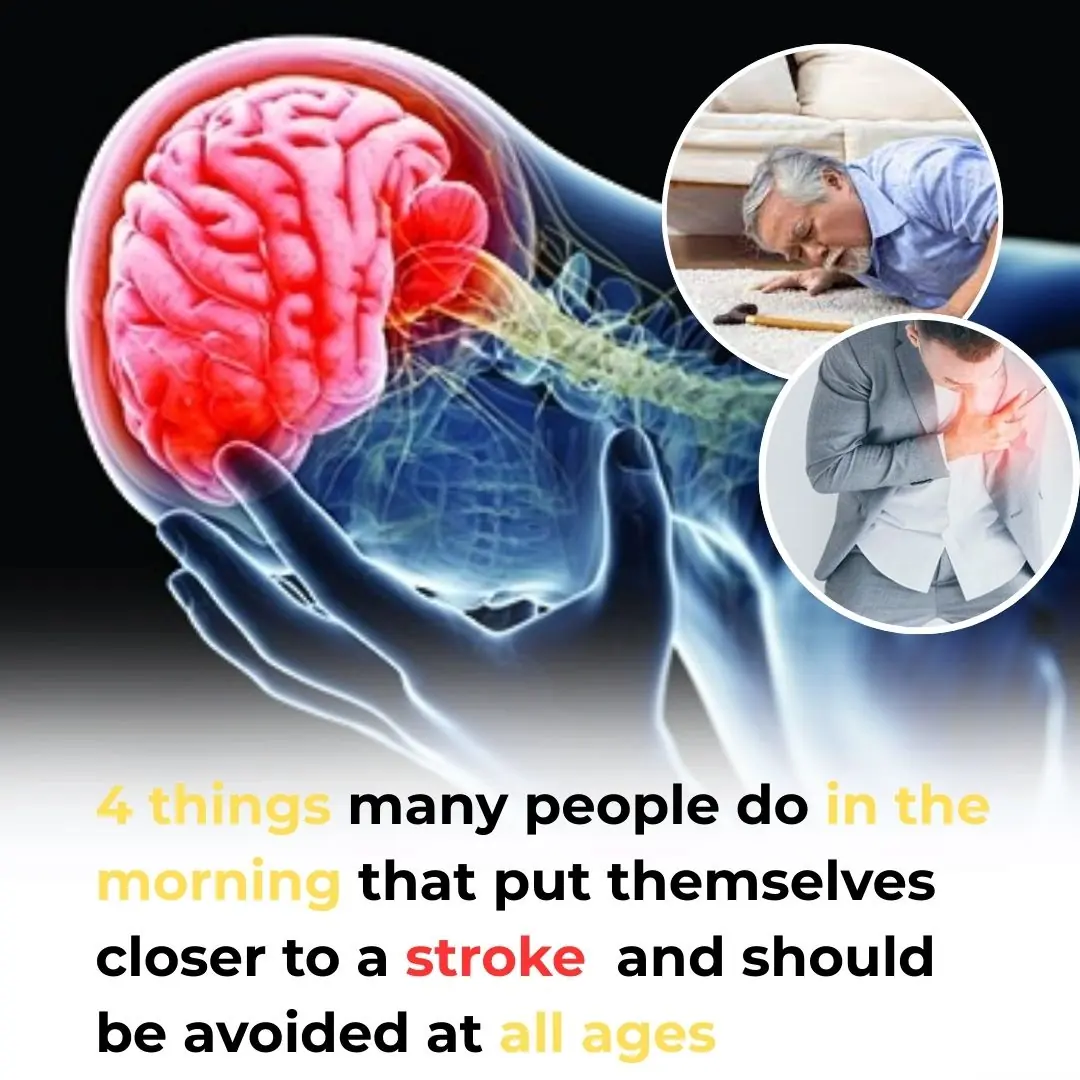
4 common morning habits that may increase your risk of stroke

This Herbal Tea Can Help with Diabetes, Liver Health, High Blood Pressure, and Poor Circulation

🍹 Boost Your Body Naturally: 6 Juice Recipes for Common Health Issues
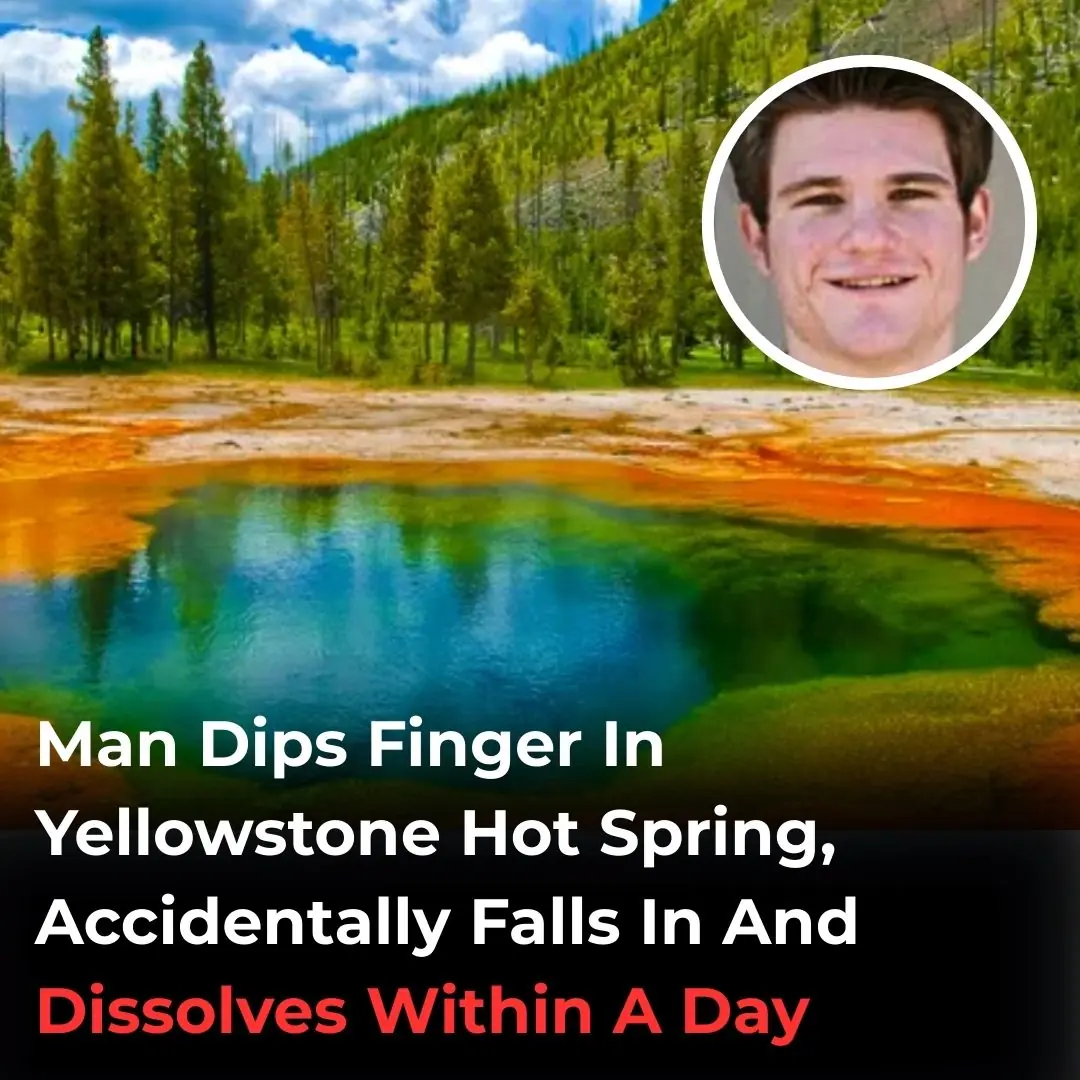
Man Dips Finger In Yellowstone Hot Spring, Accidentally Falls In And Dissolves Within A Day

Vitamin K Precursor Found to Target and Destroy Cancer Cells in Latest Research

Naturally Reverse Early Tooth Decay: 6 Proven Tips to Strengthen Enamel and Fight Cavities!

The Beauty Benefits of a Coffee and Vaseline Face Mask: A Natural Wrinkle-Reducer?

I always hated my father because he was a motorcycle mechanic, not a doctor or lawyer like my friends’ parents.

A STRANGER GAVE MY TODDLER $20 IN TARGET—AND THEN TOLD ME WHY
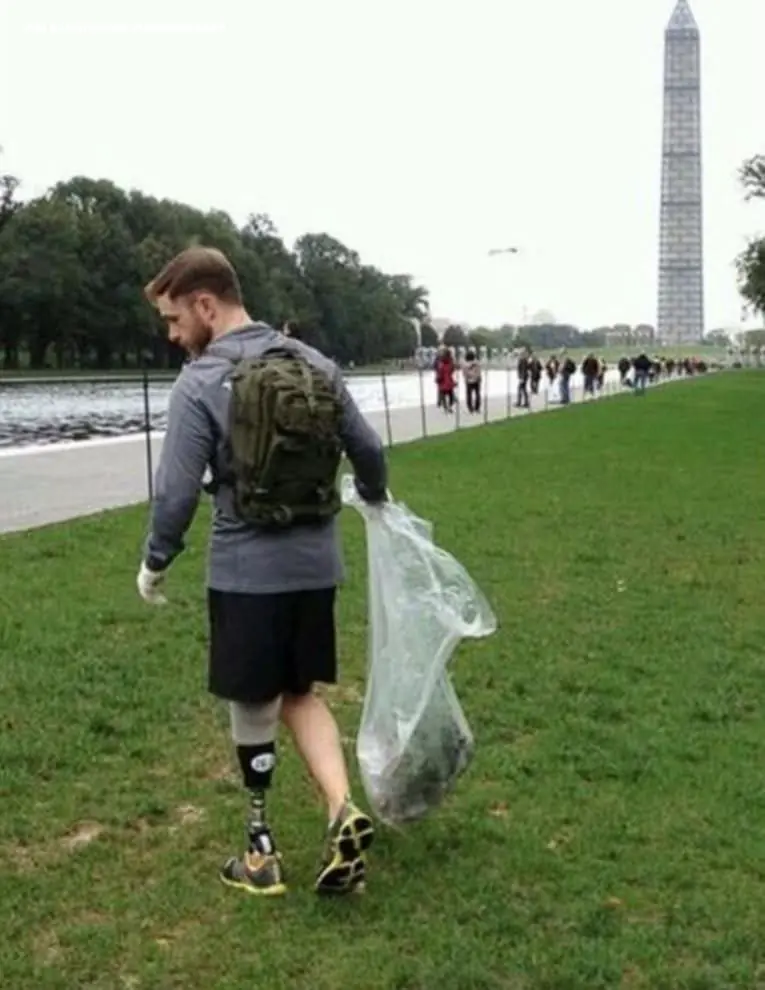
WOUNDED VETERAN STARTS PICKING UP TRASH—AND PEOPLE START WHISPERING BEHIND MY BACK

I GAVE A STRANGER MY BREAK TIME—AND PEOPLE STARTED WHISPERING

MY WIFE LEFT ME AND OUR TWO KIDS FOR A RICH MAN — WHEN WE MET AGAIN TWO YEARS LATER, KARMA HAD THE FINAL WORD
